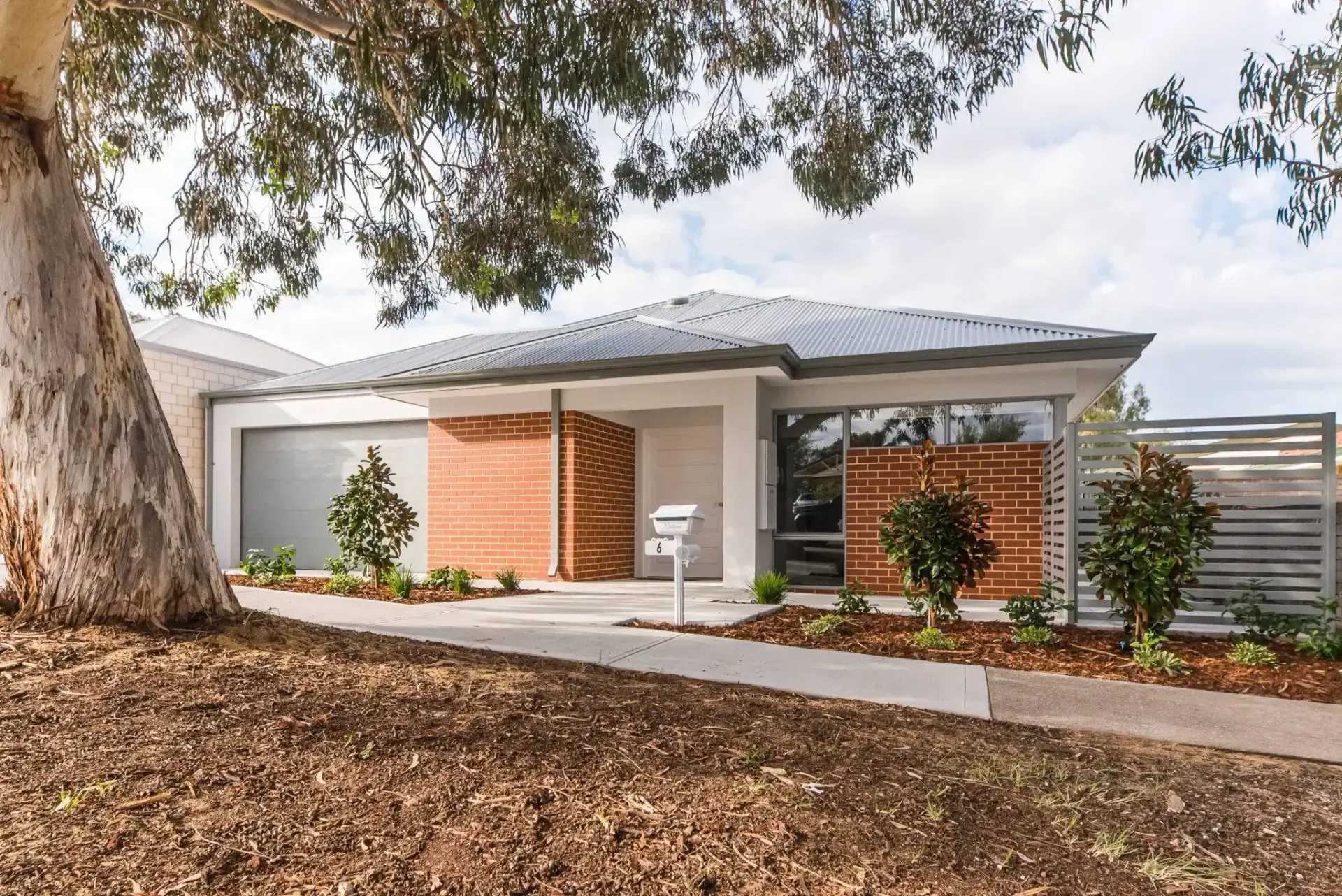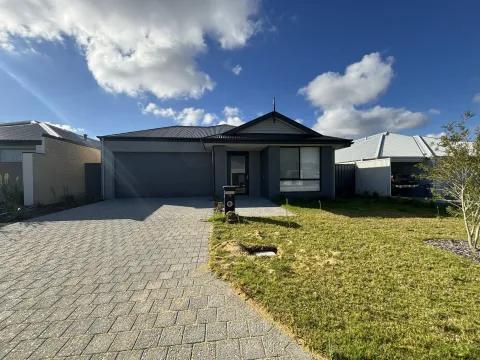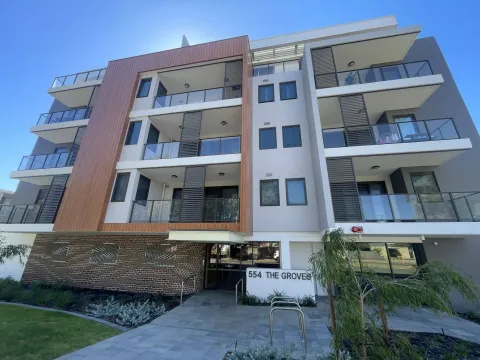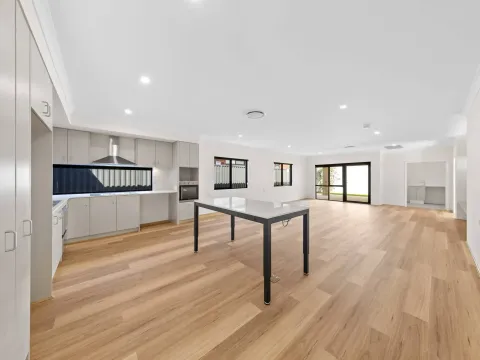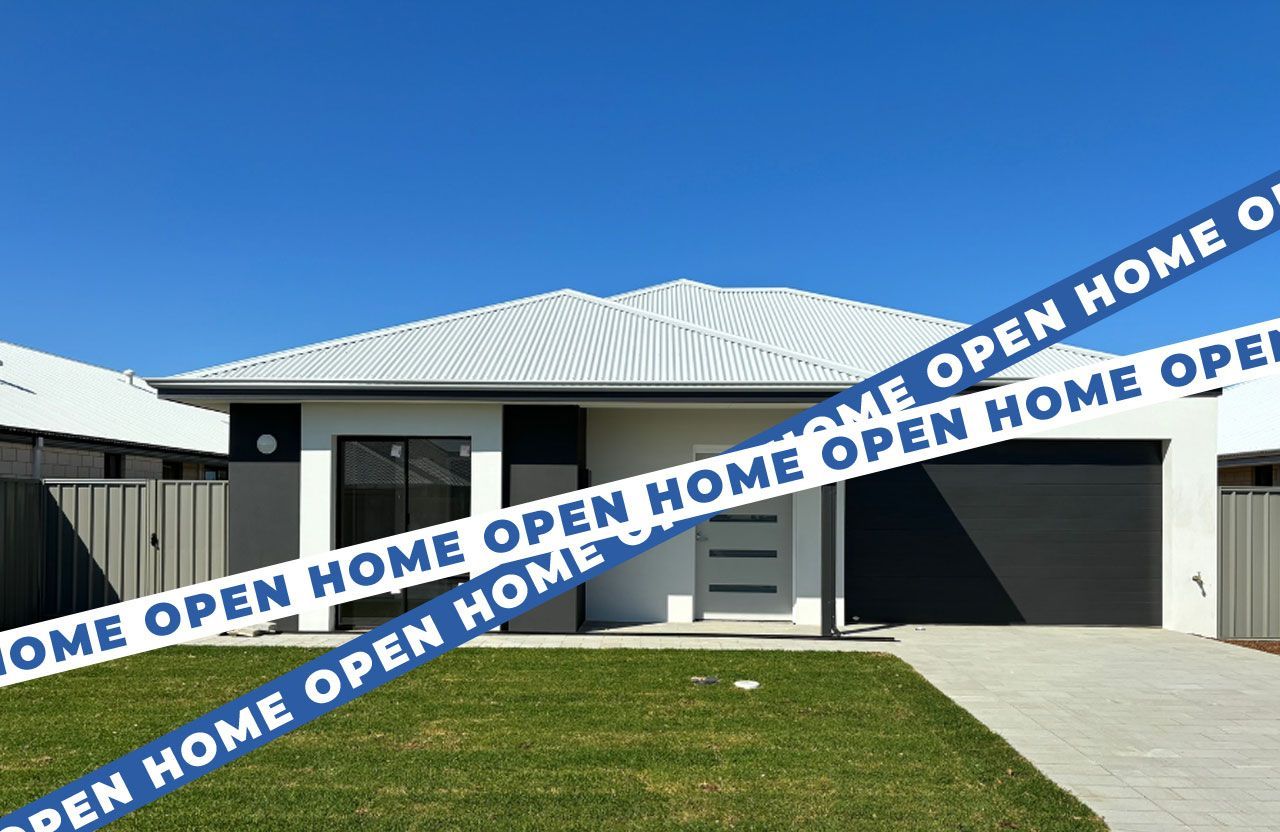May 26, 2025
In an increasingly inclusive society, disability housing plays a pivotal role in providing accessible and accommodating spaces for individuals with disabilities. As a provider in the disability housing industry, it’s crucial to prioritize accessibility and improve the lives of those in need. In this blog post, we will explore effective strategies to enhance accessibility in disability housing, ensuring a welcoming environment for residents. By implementing these approaches, you can create inclusive spaces that meet the unique needs of individuals with disabilities. 1. Incorporate Universal Design Principles: Universal design principles are essential for ensuring that disability housing is accessible to people of all abilities. Embrace design features that cater to a wide range of disabilities, including mobility impairments, sensory impairments, and cognitive disabilities. Examples include installing ramps, wider doorways, lever handles, visual alarms, accessible bathrooms, and adjustable countertops. By incorporating universal design, you can create living spaces that are both functional and aesthetically pleasing. 2. Prioritize Accessibility in Common Areas: In addition to individual living units, focus on ensuring accessibility in common areas within disability housing complexes. Pay attention to features like entranceways, hallways, elevators, parking spaces, and recreational areas. Install ramps, handrails, tactile indicators, and accessible signage to assist individuals with disabilities in navigating these spaces independently and safely. Accessibility should be a fundamental aspect of the entire housing facility, promoting inclusivity for all residents. 3. Customize Living Spaces: Recognise that individuals with disabilities may have unique requirements for their living spaces. Offer customization options that cater to specific needs, such as adjustable countertops, accessible storage solutions, or adaptable bathroom fixtures. Work closely with residents to understand their individual needs and provide personalized modifications to create an environment that fosters independence and comfort. 4. Embrace Assistive Technology: Leverage the power of technology to enhance accessibility in disability housing. Incorporate assistive technologies such as smart home systems, voice-controlled devices, and environmental control units. These innovations can empower individuals with disabilities to control their living environment, including temperature, lighting, security, and entertainment systems, with ease and independence. 5. Collaboration with Disability Organisations: Collaborating with disability organizations and advocates can provide valuable insights and guidance in creating disability-inclusive housing. Engage in partnerships to ensure your housing initiatives align with the needs and expectations of the disability community. Seek their feedback and involve them in the decision-making process to ensure that your offerings reflect their diverse requirements. 6. Foster a Supportive Community: Beyond physical accessibility, foster a supportive and inclusive community within disability housing. Organize social activities, support groups, and educational programs that promote social interaction and personal growth. Encourage residents to share their experiences and build meaningful connections. A strong sense of community can enhance overall well-being and create an enriching living environment. Creating disability housing that prioritizes accessibility is not only a legal and ethical responsibility but also a significant opportunity to improve the lives of individuals with disabilities. By incorporating universal design principles, customizing living spaces, embracing assistive technology, collaborating with disability organizations, and fostering a supportive community, you can make a positive impact and provide inclusive spaces where individuals with disabilities can thrive. Together, let’s work towards a more inclusive society where everyone has equal access to suitable housing options.
